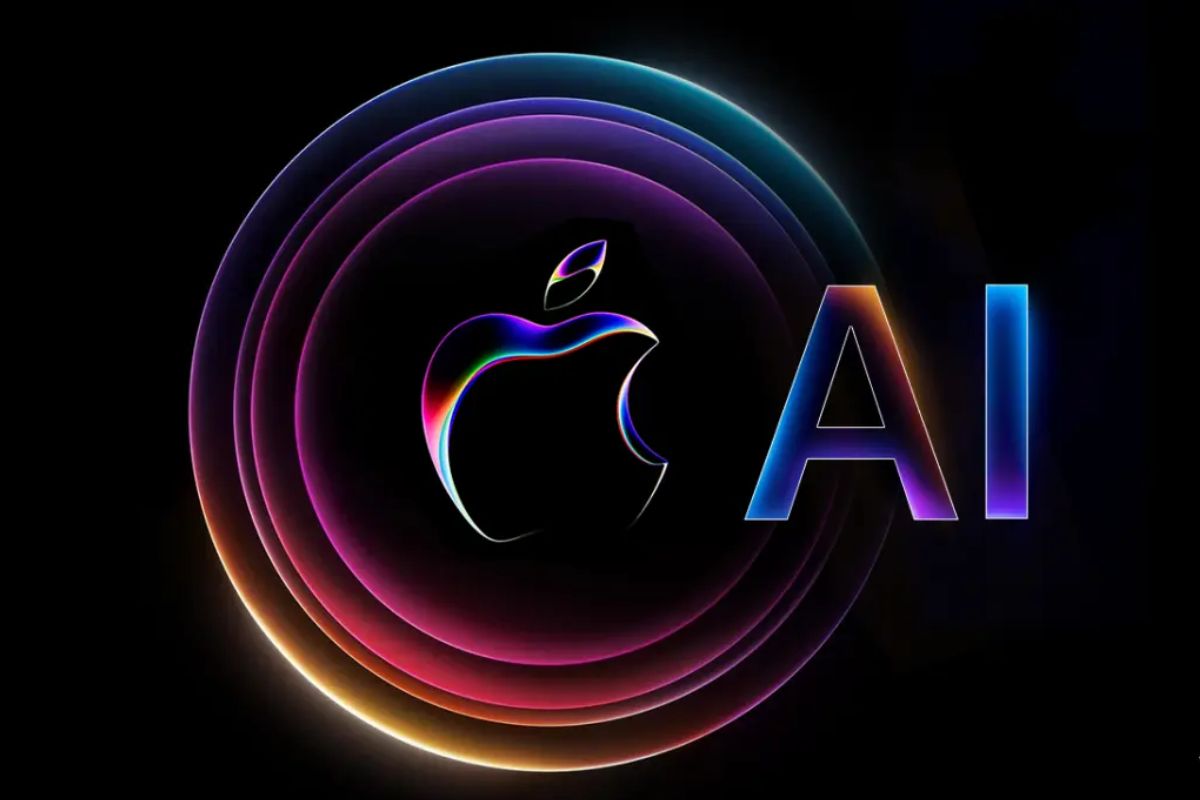Key Points:
- Apple plans AI-powered robots, smart devices, and upgraded Siri.
- New hardware targets innovation and rivals like Amazon and Google.
- Future includes foldables, smart glasses, and a special iPhone edition.
As part of Apple’s AI comeback, the company is rolling out an ambitious lineup of next-gen products—ranging from household robots and a lifelike Siri to smart speakers with displays and cutting-edge home-security cameras. The initiative is designed to reinvigorate the company’s innovation pipeline and regain momentum in markets where competition has intensified.
The strategy comes as Apple seeks to recover from the underwhelming reception of its Vision Pro headset, which failed to generate the sales surge the company had anticipated. At the same time, Apple has faced criticism for its slow entry into the generative AI sector, allowing rivals like Samsung Electronics and Meta Platforms to gain a foothold in emerging product categories.
Hardware Pipeline to Drive AI Integration
As part of Apple’s AI comeback, executives see hardware as a key catalyst while software refinement continues. The upcoming devices are intended to blend Apple’s design strengths with cutting-edge AI capabilities, creating products that are both functional and intuitive. A key component will be a new version of Siri that offers more natural and lifelike interactions, positioning it to better compete with other AI-powered voice assistants.
The robotics initiative marks one of Apple’s most ambitious hardware expansions in years. Although still in early development, these devices are expected to integrate with Apple’s broader ecosystem, enabling seamless communication with iPhones, iPads, and Macs. Home-focused products like smart displays and security cameras will place Apple directly into competition with established players such as Amazon’s Alexa ecosystem and Google Nest devices.
A spokesperson for Apple declined to comment on the unannounced projects, and sources noted that some of the initiatives could still be altered or cancelled before release.
CEO Signals “Amazing” Product Pipeline
Chief Executive Officer Tim Cook has hinted at the company’s plans, telling employees during an August all-hands meeting that Apple “must win in AI.” Without revealing specific details, Cook described the upcoming hardware lineup as “amazing,” emphasizing that some products would debut soon while others would arrive later.
As part of Apple’s AI comeback, the company is not only expanding into smart home devices but also gearing up for major design upgrades to its flagship iPhone. In 2025, the company plans to release a thinner and redesigned model, marking one of the most significant changes to the iPhone’s appearance in years.
Long-Term Innovation Roadmap
Looking further ahead, Apple’s roadmap includes several forward-looking projects. Among them are smart glasses that integrate with the Apple ecosystem, a foldable iPhone, and a revamped mixed-reality headset internally known as N100. The company is also exploring a large foldable device that combines elements of a MacBook and an iPad, potentially opening a new category in its product lineup.
In addition, Apple is planning a special edition “20-year anniversary” iPhone to commemorate two decades since the original device’s launch. The anniversary model is expected to showcase next-generation display and AI capabilities while maintaining the premium build quality associated with Apple products.
Challenging Established Rivals
The upcoming wave of devices positions Apple’s AI comeback to challenge major technology players across multiple sectors. In smartphones, it will compete directly with Samsung’s foldable devices. In home automation, the addition of smart speakers, displays, and security cameras will pit Apple against Amazon and Google. And in wearables and mixed reality, Apple will aim to solidify its position against Meta’s Quest lineup and emerging AR competitors.
By combining AI-driven software with innovative hardware, Apple is looking to reestablish itself as a leader in consumer technology. If successful, the move could mark a turning point for the company, signaling a new phase of growth and reaffirming its influence in shaping the future of AI-enabled devices.
Visit Visionary CIOs for the most recent information.











